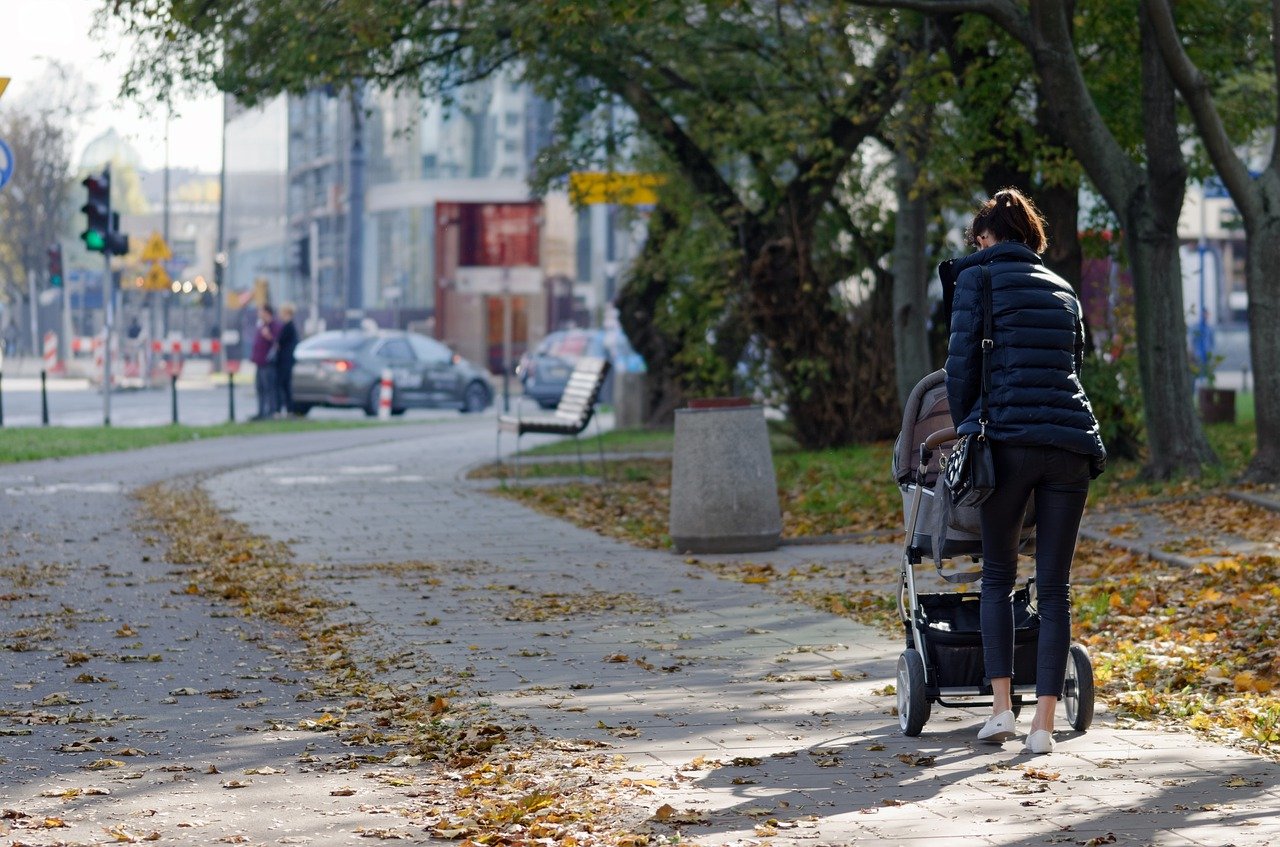There are a number of differences between the custody arrangements of divorced parents. It is important for both parents to be completely honest about their conditions and the issues that they are seeking to have resolved. A court will typically require both parents to submit a custody agreement that details all of the specifics of the custody and visitation schedule. In some cases, the child support will also be determined by the court based on the schedule agreed upon by the parents. If you would like to learn more about the divorce process in general first, then the article titled “The Divorce Process Explained” on the Peters And May Blog is the best place to go. This article, on the other hand, provides information on physical custody, visitation, and child support.
Physical custody refers to where the child will live during the time that both parents are divorced. The custodial parent is the one who makes decisions about the children’s education, health care, and other aspects of day-to-day life. During a divorce, it may be difficult to get this type of physical custody, unless you have an experienced family lawyer similar to Jennifer Croker on your side. If at all possible, the divorced parents should try to work out something that allows them to share the children’s lives together. It might even be necessary for one parent to move out of the home while the other moves in with the others. This is especially true in some cases where the relationship between one parent is less than loving or does not have a good history of support for the children. If this happens and one parent believes that they deserve sole custody of the children, it might be worth speaking to some attorneys or researching online to learn more.
Visitation is an area that many divorced parents struggle with. There is a tendency for both divorced parents to want to be in control of how visitation is handled during the time that they are divorced. It is important for the divorcing parents to keep this in mind when they are talking with the court. Some ways to approach the subject include trying to come to an agreement as to what type of visitation will be decided upon, both parents understanding fully the impact that visitation has on the children, both agreeing on a frequency of visitation, and being reasonable about the impact that changes in the children’s lives will have.
Child support is another topic that divorced parents face. The study found that divorced mothers were more likely than divorced fathers to receive less than the full amount of child support ordered by the court. Men were also significantly more likely than women to pay child support, as generally they are the non-custodial parent as opposed to the mother who more often than not opts to be the custodial parent, and takes up the responsibility of the upbringing of the child. In such a case, consulting with a child support lawyer in Calgary or the place where you live, can help you deal with the matters relating to child support, including applying for child support, determining child support payments, and modifying and enforcing payments.
Having said that, one possible way for divorced parents to overcome some of these difficulties is for them to take a parenting class. In a parenting class, students are taught how to deal with issues that come up in raising their children. Students also learn the importance of communication and how to overcome personality disorders that may have impacted upon their ability to function effectively as divorced parents.
Another concern that divorced parents have is with their children living with them after the marriage. There are many concerns that arise from having teenagers living with divorced parents. These concerns include how the children will be able to handle school, whether the children will have enough money for necessities, and if the children will be able to live with them.
The Charania study found that there are many positive benefits to being a parent and staying married. It also discovered that negative effects such as abuse, domestic violence, and the difficulty in connecting with one’s spouse are far greater concerns for divorced parents than the issues they encounter during the actual divorce process. This may be because most people who are involved in the actual divorce proceedings are already experiencing some or all of those things and thus feel that they are uniquely placed to explain the circumstances of their relationships to others.
The Charania study found that overall, divorced parents dealt with fewer financial worries if they took parenting classes, which taught them how to prepare their children for college, how to keep a home well-lived and how to deal with all of the myriad of chores a family creates. They also learned ways to get their kids to focus on school instead of focusing on their parents during homework time. Divorced parents were also more likely to be involved in religious activities. The survey of adults suggested that the benefits of being a parent were well-established and that continued involvement in them could enhance the well-being of the children. Overall, the study found no negative effects of divorce on well-being.

